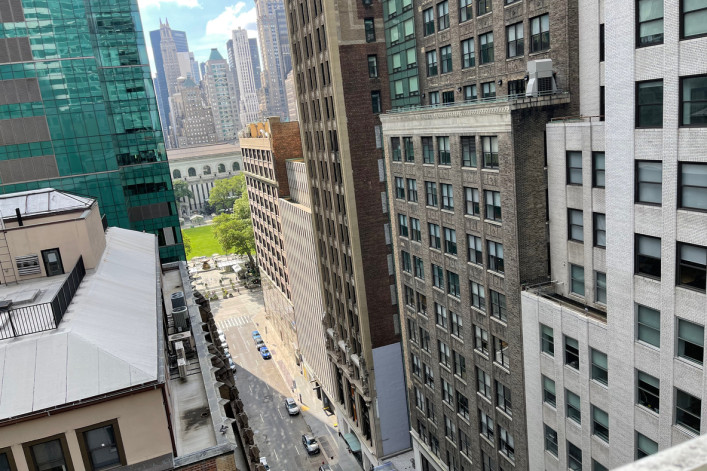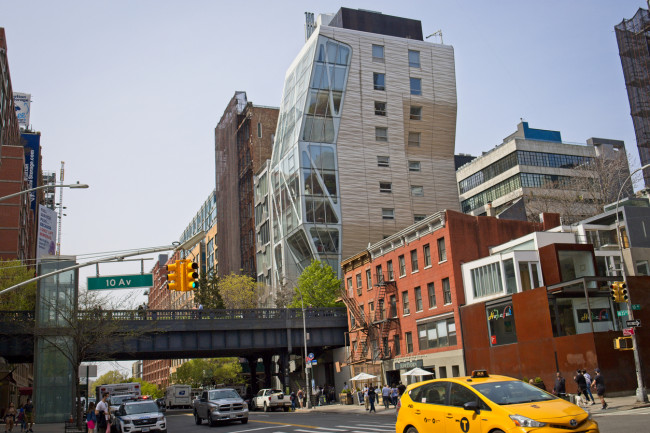What is 'clearance to close' and how does it impact a purchase?

Clearance to close gives you the green light to schedule the closing and it signals all the conditions for the loan have been met.
iStock
Approval, commitment, clearance: These are some of the terms you’ll hear if you’re successful in taking out a mortgage to buy in New York City. Clearance to close is the final step in your journey towards getting the loan.
Your loan officer or broker will take you through the various stages of the underwriting process and hearing you’ve got approval from the bank is one of the first steps, typically a verbal confirmation that you qualify for the loan you want. If pre-approval is your passport to go apartment hunting, approval comes when you've committed to a destination.
Next comes the commitment letter—paperwork that lays out the conditions you will need to meet in order to close on the apartment you want to buy. Conditions can be defined in three different categories, says Melissa Cohn, executive mortgage banker at William Raveis Mortgage. The first is borrowers' conditions, next are third party conditions, and then real estate conditions.
Borrowers' conditions might involve you providing updated pay stubs, updated bank statements or letters of explanation. Pat Lavell, vice president of mortgage lending at Guaranteed Rate, says this might also include showing proof of liquidation of stock funds for the down payment. Third-party conditions include the bank getting transcripts from the IRS to verify your tax returns. Your address and employment status will also be independently verified. Conditions also require providing the title report and insurance if you’re buying a condo or a lien search for a co-op. The underwriting team will also want to see approval from the co-op or condo board. All this is done with the help of your mortgage broker or loan officer.
"The underwriter usually needs the documents at least four days prior to the desired closing date," Lavell says.
Banks want documentation to be as up to date as possible, issued within the past 30 days, says Cohn. A bank statement issued in the past 60 or 90 days might not meet requirements.
“The pandemic created such havoc, the banks want to make sure that you still have your job, that you still have your money, especially if you are self-employed,” Cohn says.
Once the conditions are all satisfied, the bank will issue what is called the clear to close. This is usually the last step in underwriting before the loan can be scheduled to close, Lavell says. His advice is to get documents in as soon as possible and not wait until the last few days prior to closing. “A good processor will review the documents and know what the underwriter will accept, but some processors can think that a document is adequate but it will be rejected by underwriting,” he says. This can delay or jeopardize your closing.
Clearance to close means you have met all the conditions for the loan. Cohn says there’s no universal document that’s provided. “Banks communicate the clear to close in different ways, some will send a formatted email, others will do it verbally,” she says.
If you’ve negotiated a longer closing period with a seller you won’t be issued the clear to close until the closing is imminent. “Those are loans that will need to be continuously updated,” Cohn says.
The clear to close will also be the trigger for banks to issue the closing disclosure. You’ll already have an estimate of your closing costs (issued at the time of your application) but the disclosure will spell out your actual closing costs; including bank fees; transfer taxes; real estate taxes; real estate commissions; and your legal fees.
You need to review this document before you close and you need to close before the documentation expires, typically within 30 days.
You Might Also Like




























